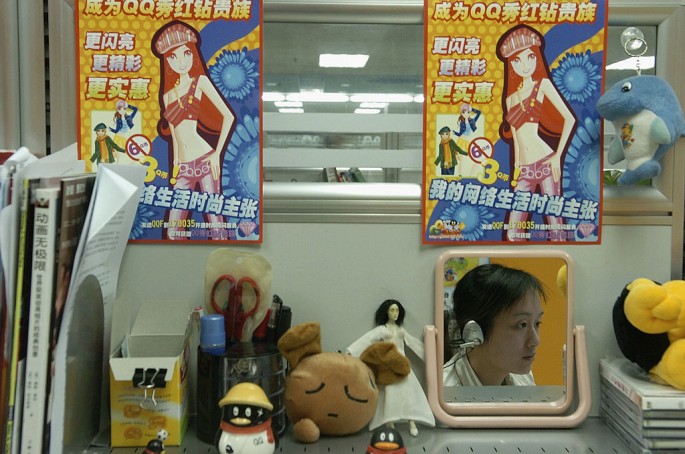It is ironic that the corporate name of a giant Chinese Internet company is Tencent when its value and transactions are in billions of dollars. In 2016, Tencent acquired Supercell, a mobile game studio based in Helsinki, for $7.8 billion.
The most profitable maker of phone games in the world in 2015 with earnings of €845 million, the maker of the popular “Clash of Clans,” Supercell profits from its purchase of the studio in different ways. Supercell sells virtual goods such as skins, avatars and other digital products to personalize online presence, Backchannel reported.
Most Popular PC Game
The skins and characters are from Supercell games as well as from Riot, a game developer that Tencent also owns and behind “League of Legends” the most popular PC game in the world. It also owns WeChat, the second-largest social media network in the world with over 700 million users.
Having WeChat helps build Tencent’s vast marketing resource which it uses to sell the Supercell and Riot virtual merchandise. Backchannel compares Tencent’s virtual goods to Disney’s characters, developed from its movies, which the U.S.-based studio used to sell millions worth of physical merchandise, music, games, spin-off TV programs and tickets to theme parks, including one that opened in Shanghai in mid-2016.
China’s Corporate Giant
Besides WeChat, Riot and Supercell, Tencent also owns QQ, an instant messenger, QZone, a social network, and three more game publishers - Epic Games, Glu Mobile and Activision Blizzard. It recently opened the Tencent Music Entertainment Group which handles music streaming.
Tencent had also forayed recently into marketing of Hollywood movies when it entered into a partnership with Lionsgate Entertainment to market Oscar Best Picture nominee “La La Land.” However, there are questions if it is a wise business decision because China as a market for western musicals is still untested and box office trends are not so encouraging.



























